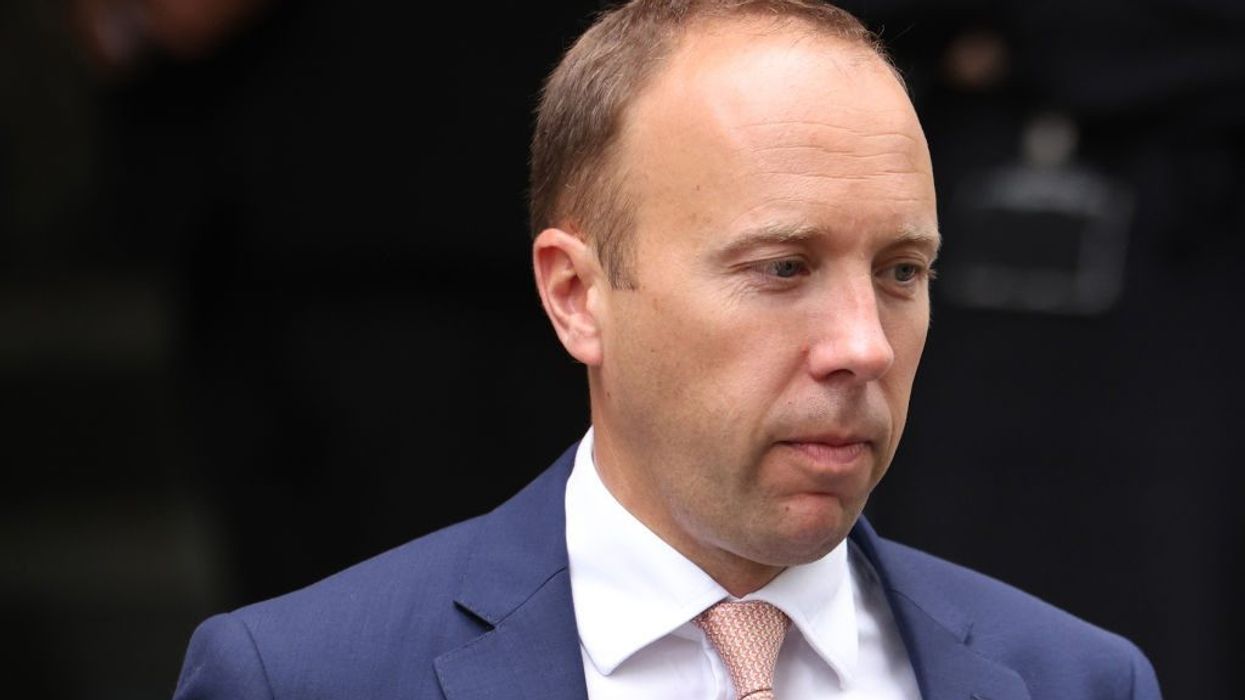FORMER health secretary Matt Hancock on Tuesday (27) apologised for the country's lack of preparedness for the Covid pandemic, telling an official inquiry that long-term and global "doctrinal" failures were to blame.
"The central failing that hampered the UK's response, common with the rest of the Western world, was the explicit decision that it would not be possible to halt the spread of a new pandemic," he told the inquiry.
"Imagine if this disease had tragically killed children as much as it did old people. Would it then be possible to... halt the spread? Of course it would, we would do whatever it took," he said.
As a result, measures to slow the spread of a pandemic such as "stockpiles, testing, antivirals and contact tracing" were not prioritised and "we had to build them from scratch when the pandemic struck," he said.
Instead, the focus had been "can we buy enough body bags?" and "where are we going to bury the dead?", added Hancock.
The former health secretary said he was "profoundly sorry for the impact" of the lack of preparedness.
"I also understand why, for some, it will be hard to take that apology from me.
"And all I can do is ensure that this inquiry gets to the bottom of it, and that for the future, we learn the right lessons, so that we stop a pandemic in its tracks much, much earlier."
Assurances from civil servants and the World Health Organisation (WHO) that the UK was well placed to deal with a pandemic "turned out to be wrong", he added.
Hancock, who was forced to quit in June 2021, is the latest high-profile politician to appear before the Covid-19 Inquiry into government preparedness for the pandemic.
Former prime minister David Cameron, former chancellor George Osborne and chief medical officer Professor Chris Whitty have all given evidence.
The UK suffered one of the worst Covid-19 death tolls in Europe with more than 128,500 fatalities recorded by mid-July 2021.
The government faced criticism for not taking the threat seriously enough in the early stages of the outbreak, and of not having enough protective equipment for frontline medical staff.
Chaired by retired senior judge Heather Hallett, the first phase of the inquiry is focusing on the UK's resilience and preparedness.
Relatives of people who died have already condemned the inquiry for failing to include them.
(AFP)





